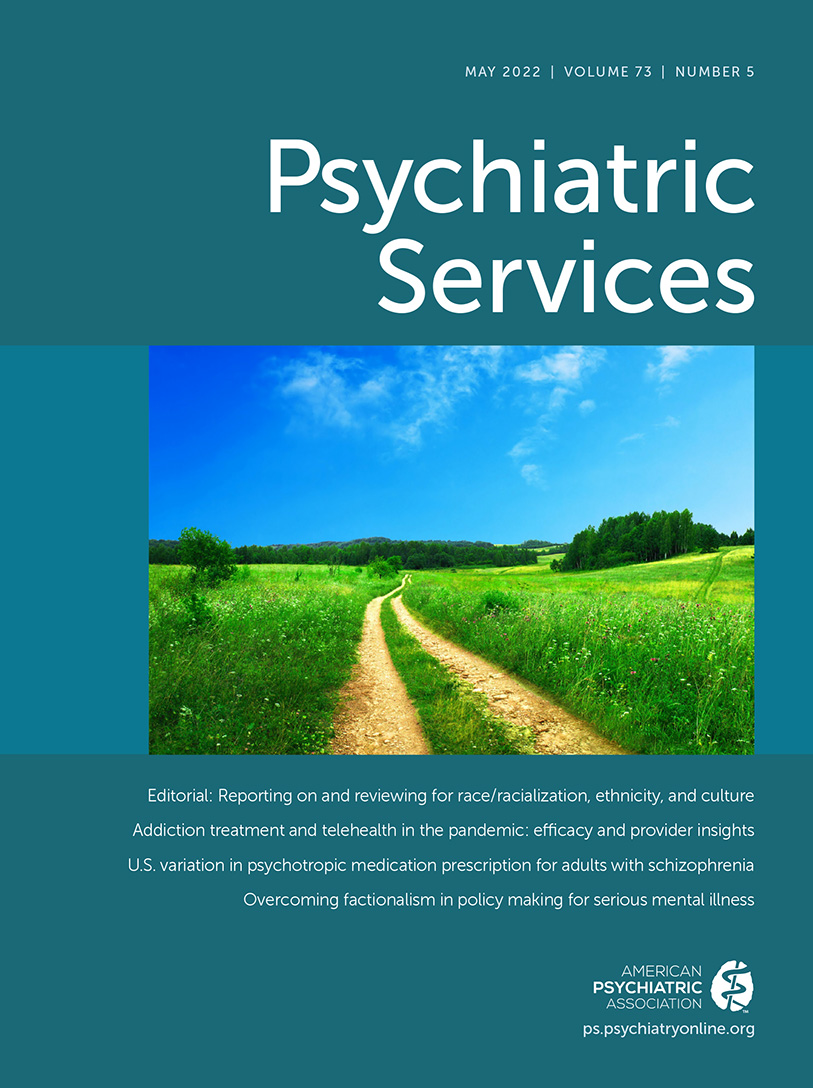Lessons From the COVID-19 Pandemic on the Nature of Work Among Those With Mental Illness
Abstract
Workers with mental illness may be uniquely affected by the labor market impacts of the pandemic. The authors used data from the National Health Interview Survey (2016–2018) to categorize workers by employment in essential or nonessential industries and by the feasibility of working remotely. Workers with psychological distress prepandemic were less likely than those without psychological distress to have occupations where remote work was feasible. These individuals may face higher risk of exposure to the virus and, if they are nonessential workers, higher risk of unemployment. Efforts that facilitate safe, continued connection to the workforce may be of value to workers with preexisting mental illnesses.



